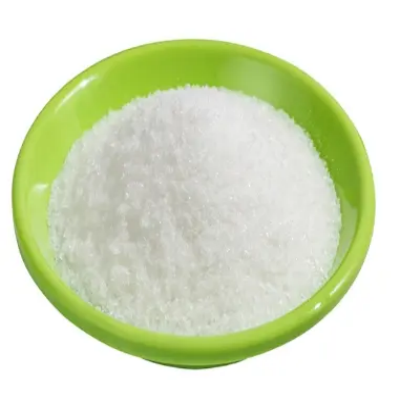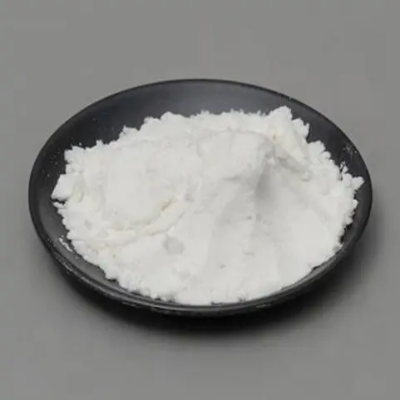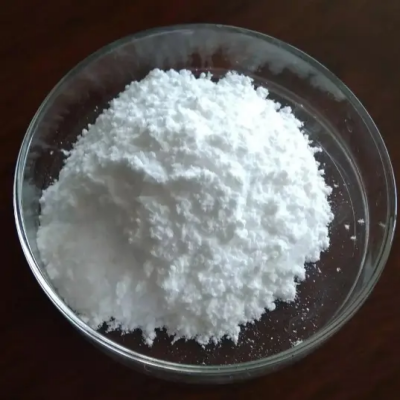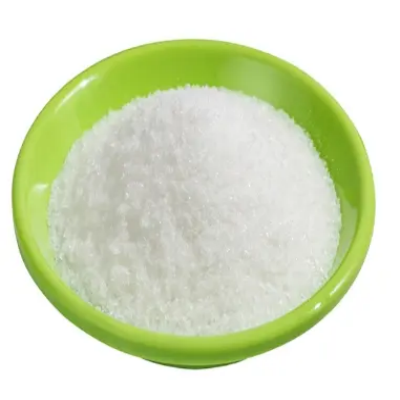G418 Sulfate (Geneticin) CAS:108321-42-2
G418 sulfate, or Geneticin, is an aminoglycoside antibiotic derived from Micromonospora purpurea. It demonstrates potent antibacterial properties and is specifically effective against a wide range of eukaryotic cells. The mechanism of action of G418 involves its incorporation into the ribosomal machinery, where it binds to the 30S subunit. This binding disrupts the fidelity of mRNA translation, leading to misreading of the genetic code, ultimately inhibiting protein synthesis and causing cell death in sensitive organisms. In laboratory settings, G418 sulfate is predominantly used as a selective agent for the identification and maintenance of genetically modified cells. When a gene encoding resistance to G418 is introduced into a host cell—typically through transfection or transformation—only those cells expressing this resistance will survive in the presence of the antibiotic. This property makes G418 an invaluable tool for creating stable cell lines that carry foreign genes, enabling researchers to investigate gene expression, protein interactions, and metabolic pathways. The applications of G418 extend beyond cell culture. In animal studies, it is utilized in the generation of transgenic mice and other model organisms. By incorporating G418 into breeding schemes, scientists can filter out non-transgenic offspring effectively, streamlining the process of developing organisms with specific genetic traits. Moreover, research has shown that G418 sulfate has potential uses in gene therapy and cancer treatment strategies due to its ability to selectively target and kill specific cell types. However, caution must be exercised when using G418, as it can exhibit toxicity at high concentrations and may have off-target effects on non-resistant cells. Overall, G418 sulfate remains a cornerstone in genetic engineering and molecular biology, providing researchers with powerful tools to explore and manipulate gene function across various biological systems.



| Composition | C20H42N4O14S |
| Assay | 99% |
| Appearance | white powder |
| CAS No. | 108321-42-2 |
| Packing | Small and bulk |
| Shelf Life | 2 years |
| Storage | Store in cool and dry area |
| Certification | ISO. |









